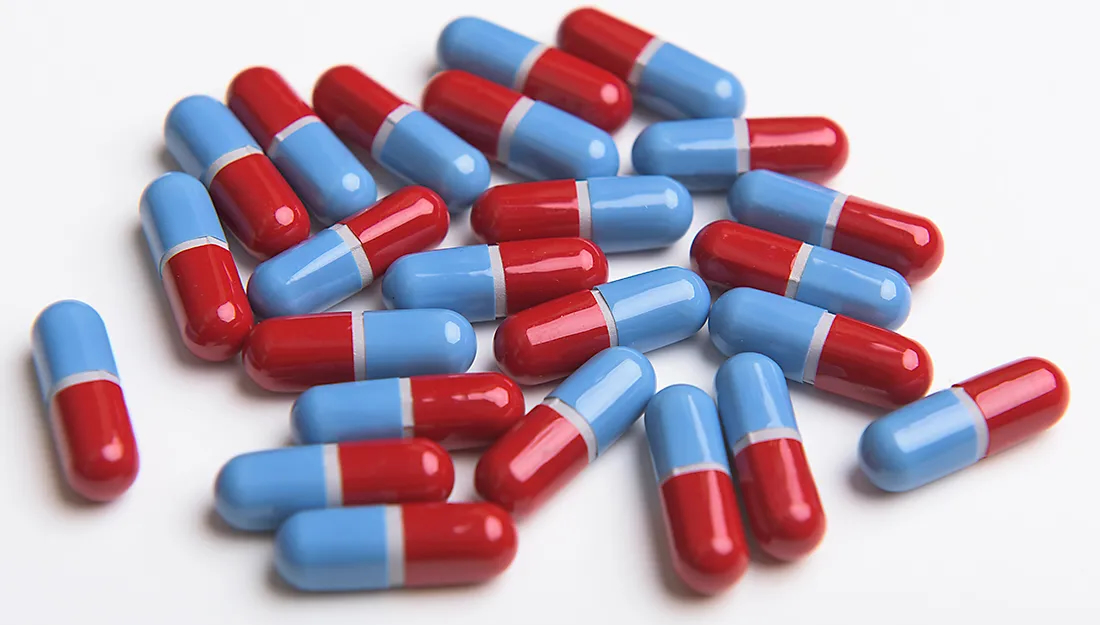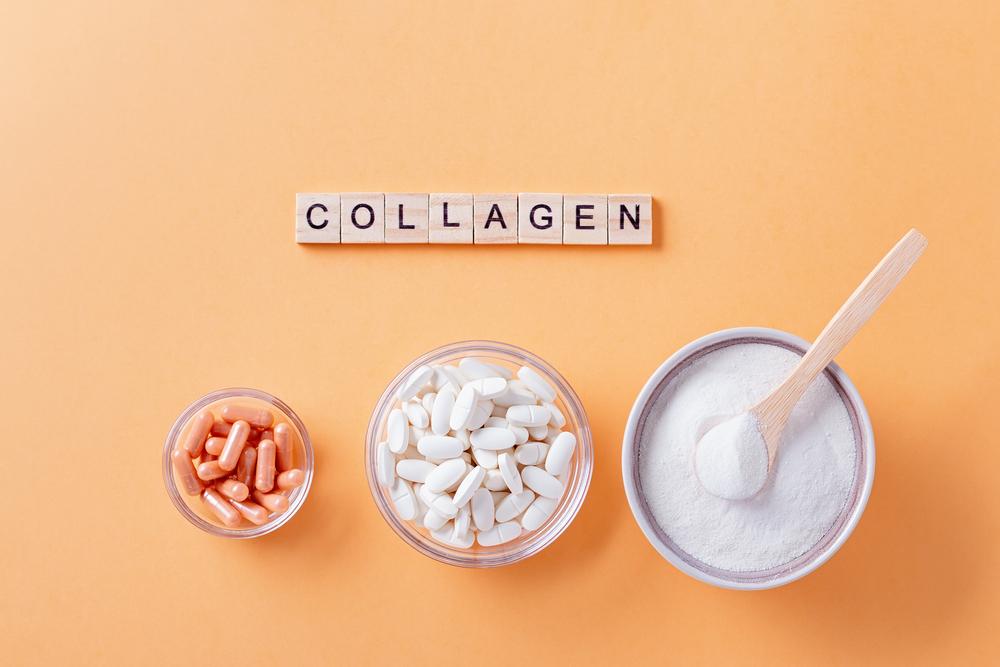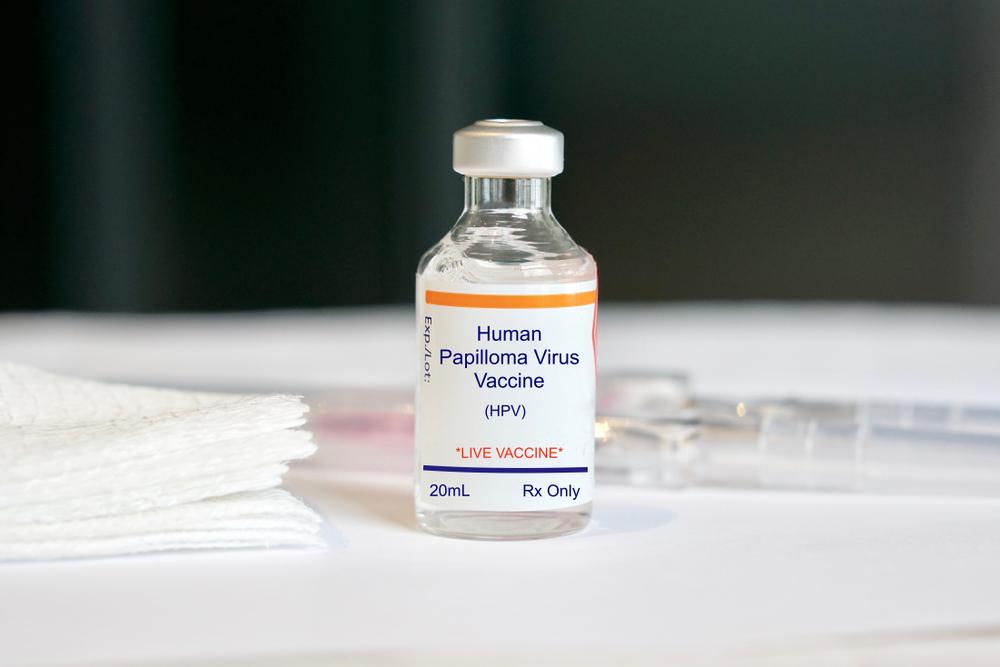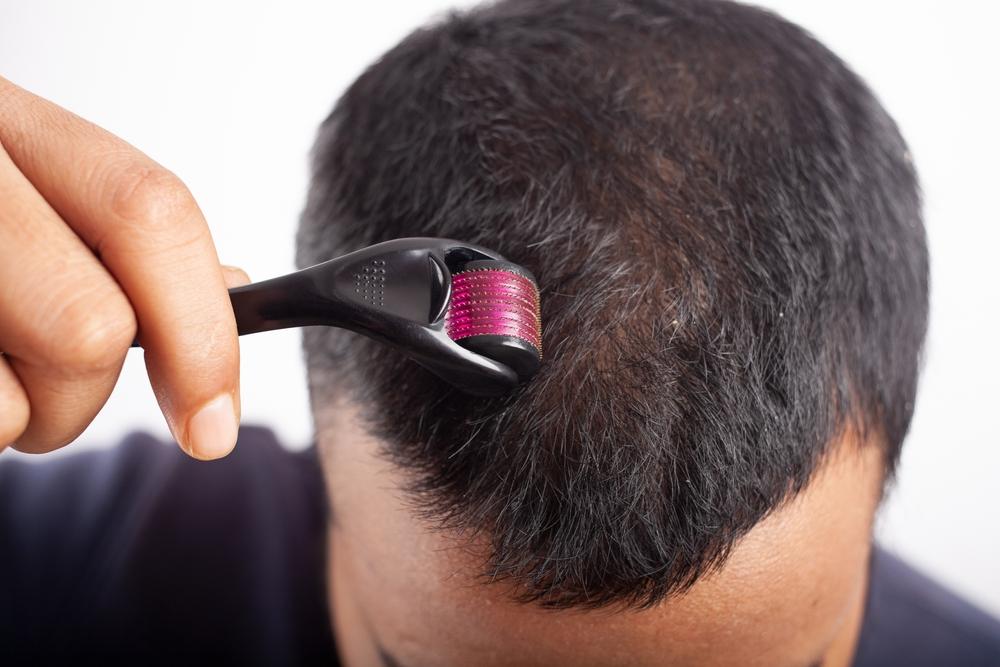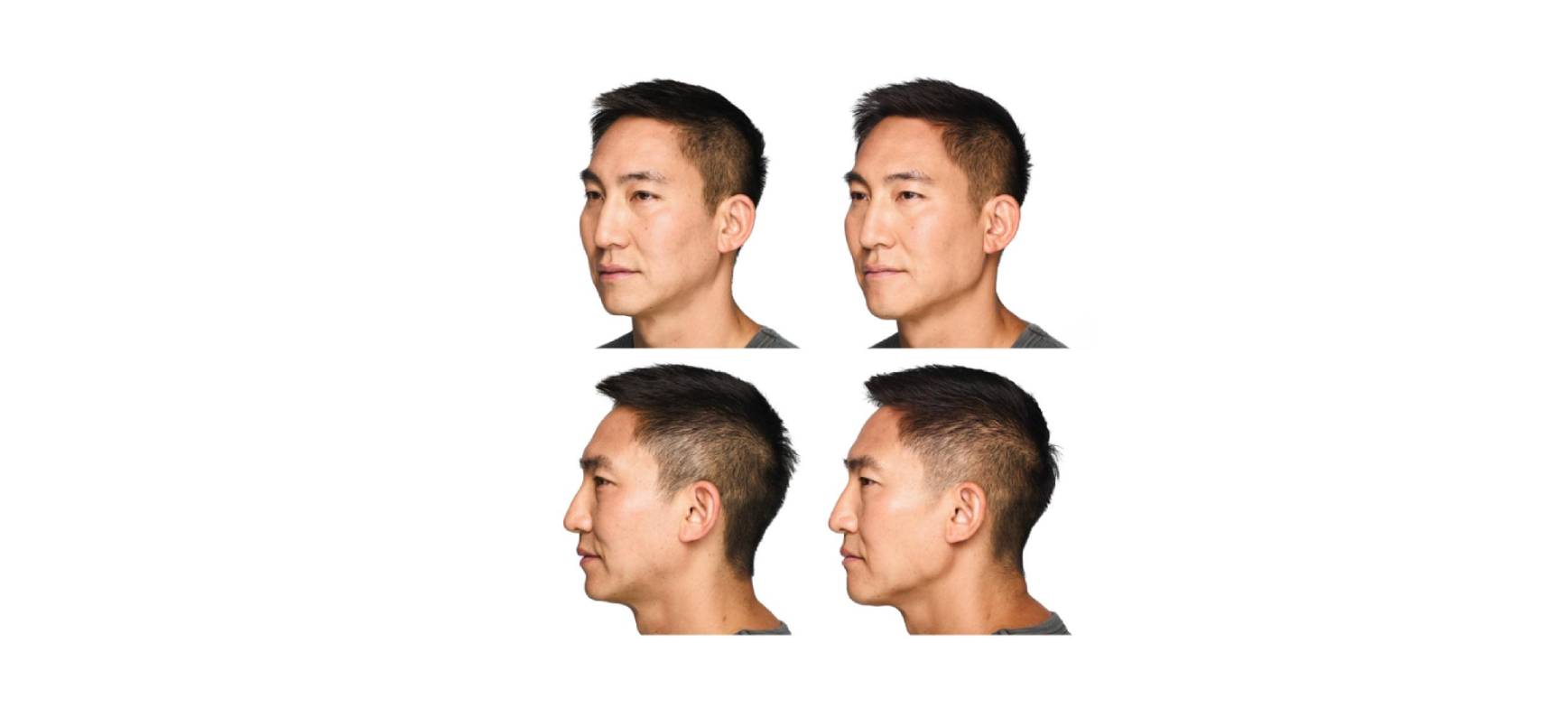Genetics, overactive sebaceous glands, hormones, the environment, your skincare routine, and your diet are often at the core of oily skin. Oily skin might be a card dealt by genetics, or perhaps you’ve found yourself managing a newly oily face.
Genetics and Overactive Sebaceous Glands
Some people are just born lucky, or in this case, oily. If your parents had oilier skin, then you might inherit this slippery trait. Overactive sebaceous glands, responsible for producing sebum, can also play a starring role in this oily saga. While you can’t entirely reverse your skin type, you can adopt a skincare routine to manage the oiliness effectively. Or you might consider treatments like micro-Botox or isotretinoin to help stop the sebum release.
Hormones
Life changes like puberty, menstruation, pregnancy, or menopause can have your hormones dancing, leading to an increase in sebum production. If hormonal changes are the culprit, medications like spironolactone could be the answer. This anti-androgen medication blocks hormones responsible for oil production, gently guiding your skin back to equilibrium.
The Environment
Living in a hot and humid climate can boost sebum production. While you can’t change the weather (unless you’ve mastered a dance to control the clouds), you can minimize exposure and use oil-absorbing products.
Your Skincare Routine
Avoid harsh products that strip your skin of necessary oils, triggering an oil production frenzy. Harsh products temporarily reduce the appearance of oily skin but in the long run increase oil production. Opt for gentle, non-comedogenic cleansers and moisturizers designed for oily skin.
Your Diet
Consuming a greasy diet may worsen oily skin for some. Stick to a healthy, anti-inflammatory diet to keep your skin happy.
Accutane for the Extremely Oily
If your skin is determined to set an oil production record, Accutane might be your solution. This vitamin A derivative reduces oil released by your skin’s glands, but it’s a journey that requires professional guidance due to potential side effects.
The Final Takeaway
Oily skin isn’t necessarily a bad thing. It tends to age more slowly and is less prone to wrinkles. Whether it’s adopting a new skincare routine, considering spironolactone, or even pondering Accutane, the solution is understanding your unique skin needs.
Your Next Step with Dr. Sullivan at Sullivan Dermatology
The journey to a more confident you starts with one decision. That is the decision to get treated, why wait? Dr. Sullivan at Sullivan Dermatology specializes in understanding your skin and crafting a tailored approach to make you your best.
If you’re on the fence or have questions brewing, remember: We at Sullivan Dermatology are always here to help. Have any concerns? Don’t hesitate to reach out to Dr. Sullivan at Sullivan Dermatology – we’re here to make you your best! Because let’s face it, oily skin should be left to the olives!


